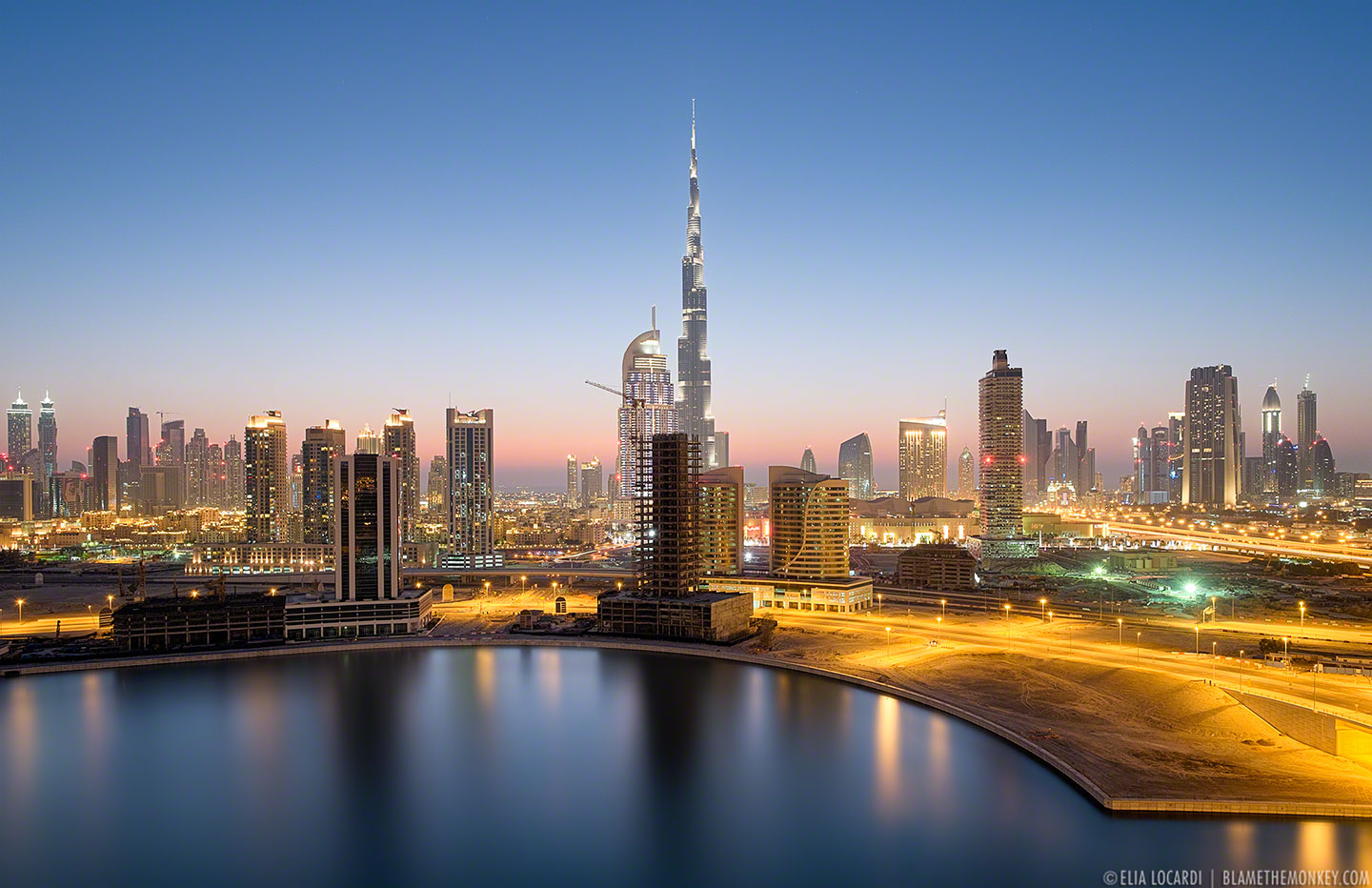Eritrea’s gulag state is crumbling
ABIY AHMED’S arrival in Asmara on July 8th last year was as colourful as it was historic. Thousands thronged the streets of the Eritrean capital to witness the first visit by an Ethiopian leader since the two countries fought a bloody war from 1998 to 2000. Both national flags fluttered along the boulevard from the airport; women carried plates of popcorn which they threw over the crowds in celebration. Eritrea’s ageing dictator, Issaias Afwerki, beamed as he embraced his young counterpart and signed a peace deal to end two decades of enmity. “There is no border between Ethiopia and Eritrea,” Abiy declared. “Instead we have built a bridge of love.”
The promise of peace was tantalising. Telephone lines and flights between the two countries were restored. Two months later the land border opened. For the first time in years Eritreans could leave their country freely. Many thought that, with the war over, Issaias would soon enact other reforms. They particularly hoped he would end the system of indefinite conscription that the UN likens to mass enslavement—and which has helped earn Eritrea the nickname “the North Korea of Africa”.
A year later Eritreans are still waiting. “Nothing has changed,” says Milena, a 16-year-old who faces being called up next year. The government has yet to say whether an old 18-month limit on...























